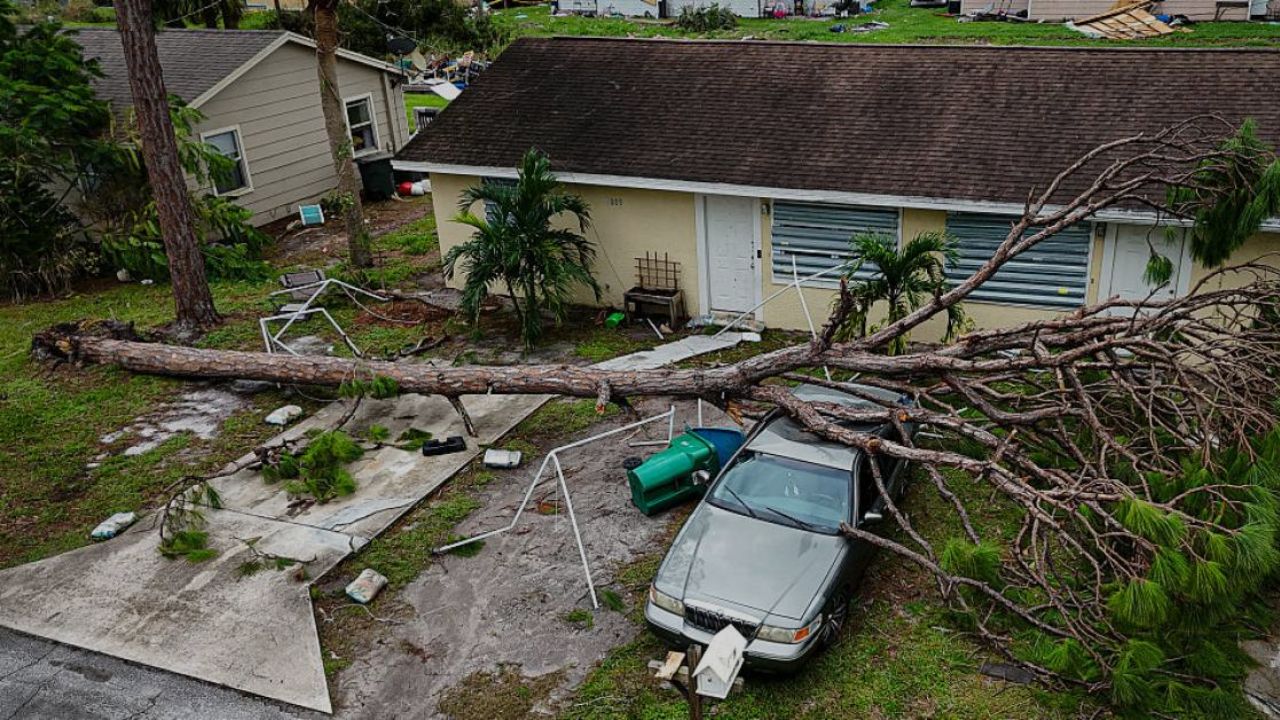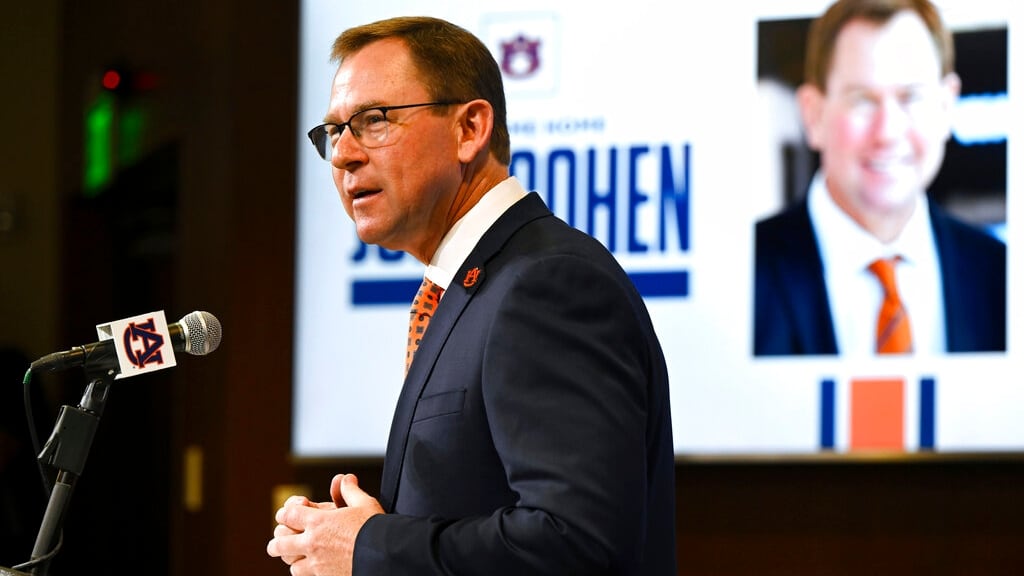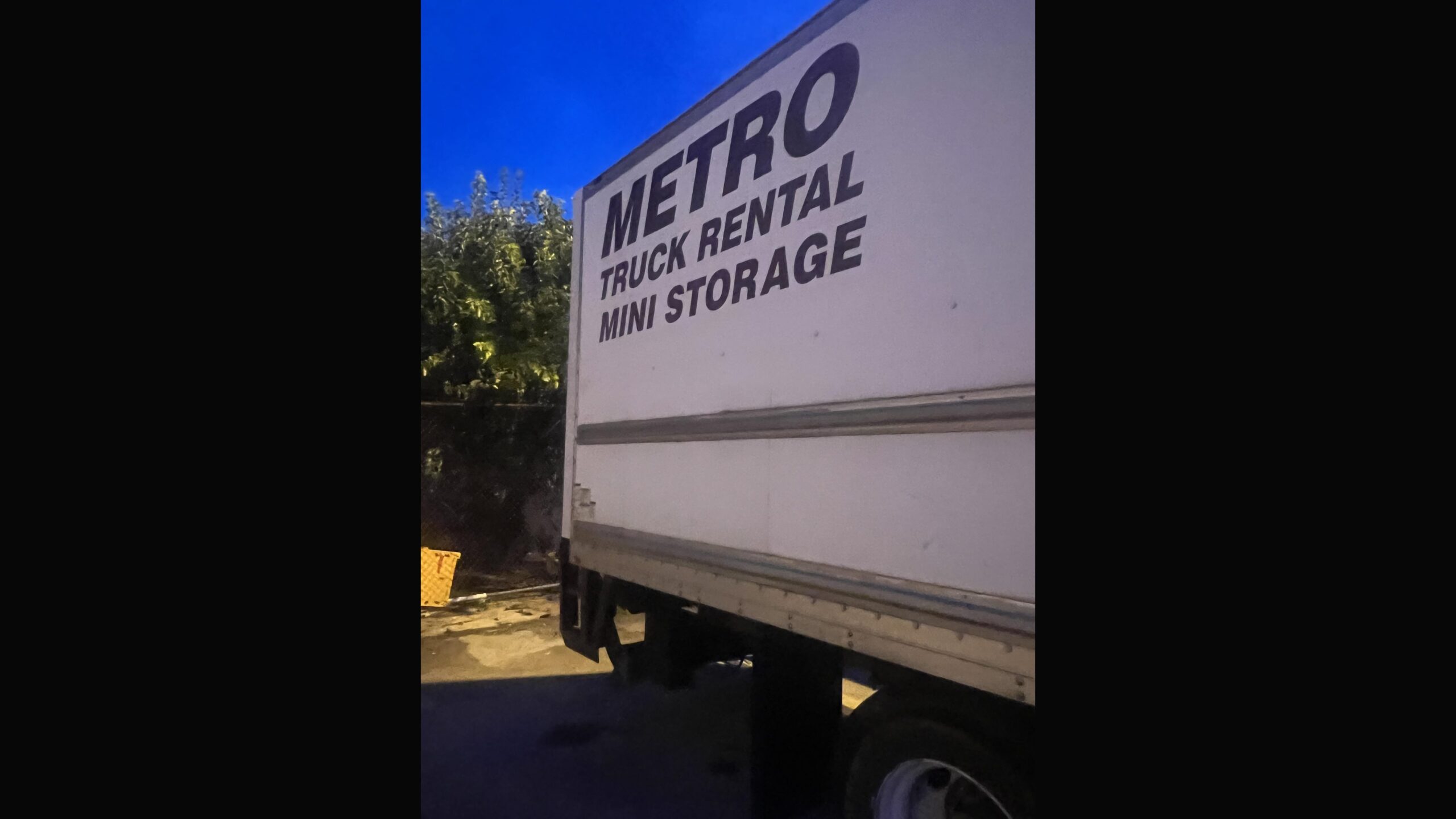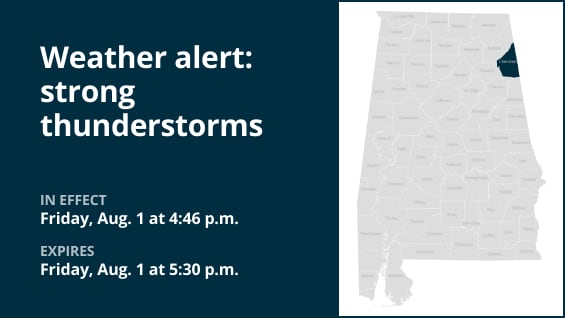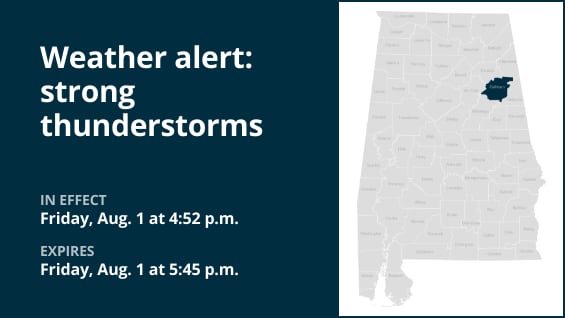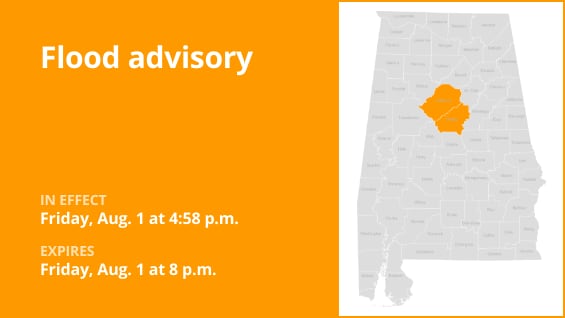Florida — As hurricane season intensifies, many residents are worried about the risks posed by falling trees and heavy branches, especially after last year’s back-to-back storms wreaked havoc across the state.
While common sense might suggest the tree owner should pay for any damage, Florida law says otherwise — and a proposed fix known as the “Fallen Tree Act” has failed to pass.
Florida’s Current Tree Law: A “No-Fault” System
Under current Florida law, when a tree or branch falls from a neighbor’s yard onto your property, you are typically responsible for the cleanup and repair costs — even if you didn’t own the tree.
This legal principle, rooted in what’s called the “Massachusetts Rule,” states that property owners are not automatically liable for damage caused by trees that fall due to natural events like storms, wind, or hurricanes.
The only exception is if the tree owner is proven negligent — for example, if they ignored signs that the tree was dead, rotting, or unstable.
“Acts of God” and the Liability Loophole
Florida courts regularly apply the “Act of God” defense, which shields property owners from liability if natural disasters cause the damage. That means if a hurricane or tropical storm topples a tree onto your home, your neighbor likely won’t be held accountable unless they knew the tree was a hazard and did nothing.
In most of these situations, your own homeowner’s insurance is expected to cover:
- Structural damage to your home, garage, or fencing
- Vehicle damage (if covered by your auto policy)
- Tree removal costs
However, your insurance company may pursue reimbursement from your neighbor’s insurer if they can prove negligence — a process known as subrogation.
What the Failed ‘Fallen Tree Act’ Would Have Changed
This year, Florida lawmakers introduced HB 599 and SB 724, collectively known as the Fallen Tree Act, which sought to:
- Automatically assign liability to the tree owner if damage occurred
- Allow neighbors to remove shared boundary trees without permission
- Apply new rules to most residential lots under five acres
Under the bill’s language: “A property owner on whose property a tree or shrub is located is liable for any damages to neighboring properties caused by the tree or shrub, or the branches thereof.”
However, on May 3, 2025, the bills were indefinitely postponed and withdrawn, and later died in the House Civil Justice & Claims Subcommittee on June 16, 2025, as lawmakers prioritized budget battles.
What to Do If a Tree Falls on Your Property
If a neighbor’s tree causes damage to your property, here’s what experts recommend:
- Ensure safety first — especially around downed power lines
- Document everything — take photos of the damage and fallen tree
- Contact your insurance company immediately
- Consult an arborist or contractor for a professional assessment
- Communicate with your neighbor — especially if you suspect they ignored a known hazard
Preventing Tree Trouble Before It Happens
If you believe a neighbor’s tree poses a risk:
- Photograph visible signs of decay, leaning, or dead branches
- Speak with your neighbor respectfully and document the conversation
- Send a certified letter if necessary to create a paper trail
- Hire a licensed arborist to assess the danger
- Notify your insurer in advance, especially during hurricane season
Do Cities Like Jacksonville Share Responsibility?
If the tree is located on city, county, or government-managed land, the municipality may bear responsibility for damages or cleanup. However, filing a claim against a government agency is more complex and involves strict procedures and deadlines.
Should tree owners be held automatically responsible for damage? Did lawmakers miss a chance to fix a loophole by failing to pass the Fallen Tree Act?
Join the conversation now at NewYorkDailyGazette.com and share your take on who should pay when nature takes down a tree.
